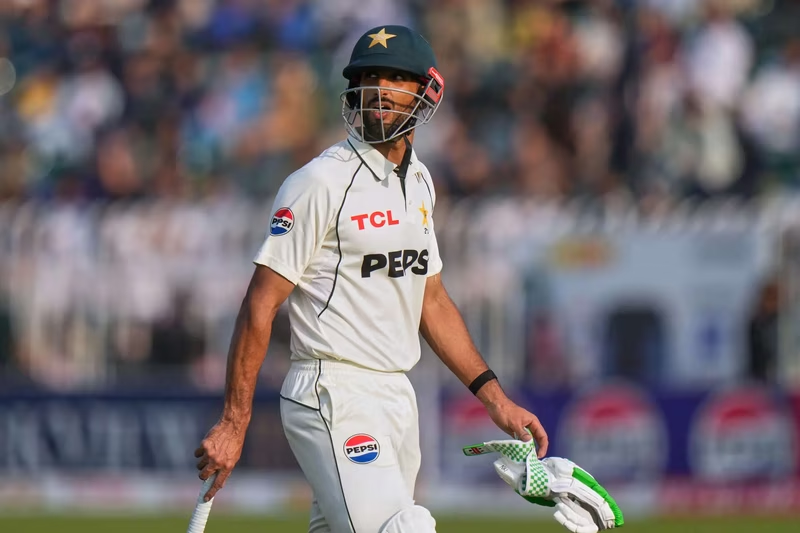Shan Masood has shattered tradition in Pakistan cricket, becoming the first-ever serving Test captain to take on a formal administrative role within the Pakistan Cricket Board (PCB). The announcement, made on Friday, names Masood as Consultant for International Cricket and Players’ Affairs—a groundbreaking dual role that blends on-field leadership with behind-the-scenes influence .
Why This Appointment Is a Game-Changer
Historically, active players in Pakistan have steered clear of boardroom responsibilities to avoid conflicts of interest. Masood’s appointment flips that script entirely. While continuing to lead the national Test side, he’ll now advise the PCB on international fixtures, player welfare, and strategic planning .
This move signals a potential shift toward player-centric governance—a response, perhaps, to years of instability and criticism over PCB’s top-down decision-making.
What Does the Consultant Role Entail?
According to the PCB’s official statement, Masood’s responsibilities include:
- Advising on international cricket scheduling and bilateral series planning
- Liaising between players and board officials on welfare and policy matters
- Contributing to long-term strategy for Pakistan’s global cricket presence
- Potentially transitioning into a Director of International Cricket role in the future
Reactions Pour In: Praise and Concerns
The cricketing world is split. Supporters hail the decision as progressive—giving players a voice where it matters most. Critics, however, question whether one person can effectively captain a team and navigate bureaucratic complexities without compromising either role.
“It’s bold, but risky,” said a former Pakistan selector who wished to remain anonymous. “If managed well, it could bridge the gap between players and administrators. If not, it could fuel internal tensions.”
Shan Masood’s Credibility: More Than Just a Captain
Masood isn’t just any player. With 44 Tests under his belt, leadership stints for Derbyshire in county cricket, and a reputation for calm, articulate communication, he brings a rare blend of experience and diplomacy . His understanding of both domestic and international systems makes him uniquely qualified for this hybrid position.
Precedents and Parallels
While no other Test nation has appointed a current captain to a board-level post, similar models exist:
| Country | Player-Administrator Model |
|---|---|
| Australia | Pat Cummins consulted on scheduling during captaincy, but no formal PCB-equivalent role |
| England | ECB includes player reps in committees, but not active captains in executive roles |
| India | No active player holds BCCI administrative post; roles typically post-retirement |
Pakistan’s experiment could set a new global benchmark—or serve as a cautionary tale.
What’s Next for Pakistan Cricket?
With major ICC events on the horizon and Pakistan’s Test ranking under pressure, Masood’s dual role may accelerate reforms. His insights could streamline team preparation, improve player-board relations, and foster more transparent selection policies.
However, success hinges on clear boundaries. The PCB must ensure Masood isn’t overburdened—and that his captaincy remains uncompromised by administrative duties.
Final Thoughts
Love it or question it, Shan Masood’s appointment marks a historic pivot in Pakistan cricket governance. It reflects a growing recognition that players—especially leaders—deserve a seat at the table while they’re still in the arena.
As the first to walk this path, Masood carries not just the hopes of a team, but the future of how cricket is run in Pakistan.
